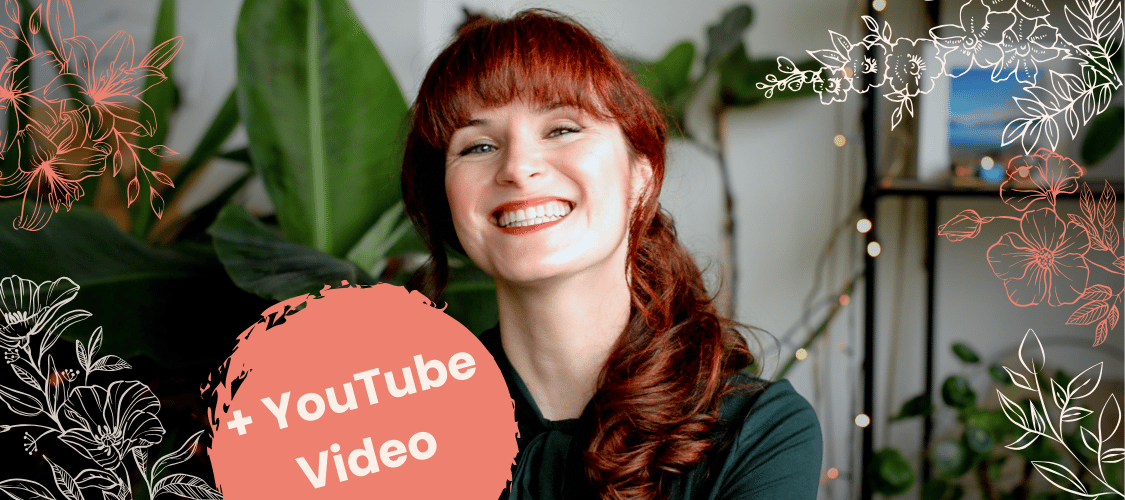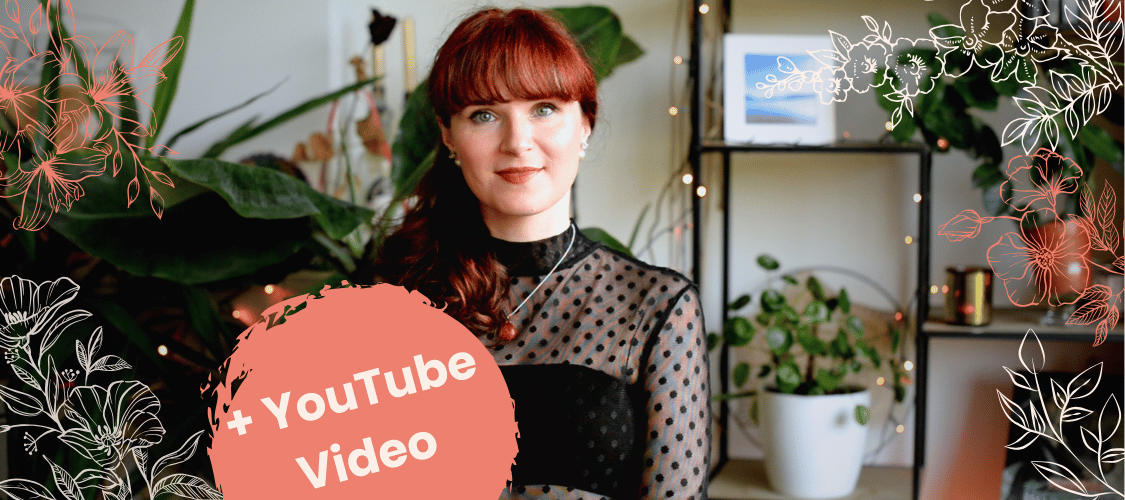Sometimes our brain is a little mischievous, working both for us and against us. It’s like having a frenemy in your head, always pulling pranks on you when you least expect it.
All the automatic processes that happen against our will to support our existence happen without conscious mind even noticing it most of the time, like digestion or pumping blood or stress responses that are supposed to get your butt moving to escape that danger. It’s like having a team of little brain workers tirelessly managing our survival. They’re like the Avengers of our body, but with fewer capes and more neural connections.

But can you imagine if we had to control everything ourselves, consciously? Picture this: you’re in a meeting at work, and suddenly you have to announce, ‘Hold on, folks! I need to manually release my stomach acid juices to kick-start the digestion process. Oh, and let’s not forget to factor in time for the form validation builder in our estimations’. Talk about some seriously awkward lunchtime conversations!
Luckily, we don’t have to. Our unsung hero brain does it for us behind the scenes. There is more going on in the background that is supposed to automate the processes and increase the chance of survival. Because everything any organism evolved into was with a purpose to increase the probability of passing on those genes further – including our pre-programmed biases our mind is full of.
One of those biases (and probably the most visible in current times) is the confirmation bias – ah, yes, the true master of selective perception. When I found out about it, I started to understand human behaviour more, all people around me (me included) and people in the Twitter and YouTube comments debates (it’s no wonder comment sections turn into wild battlegrounds where everyone clings to their beliefs like a squirrel clings to its precious acorns). We all come from a very specific, familiar place and we cling to it no matter what.

It’s like our brain has its own little cheerleading squad, chanting, ‘We believe what we want to believe!’ making you reach out for the articles and videos that support your already held opinions, deepening them even further. And each time you think about something in the same way, you strengthen the connections between the neurons, making you even more stubborn about it. When you read some new text, you will likely also remember what you already know due to its familiarity. It is your tendency to seek, interpret and remember information that supports your current beliefs and hypotheses. It is what makes you downplay or completely disregard the contradictory stands.
Our brains are like a carnival of cognitive biases, just waiting to surprise us at every turn. It’s like a wacky amusement park where all the rides are named after different biases. Step right up, folks, and take a wild spin on the “Confirmation Coaster” or get dizzy on the “Availability Carousel”! And if you want a crash course in this funhouse of the mind, check out Rolf Dobelli’s book “The art of thinking clearly.” It’s like a guidebook to navigating this crazy carnival ride our human life serves us. But beware, these biases can infiltrate both your personal and professional life, making you the star of your very own bias-filled sitcom. So hold on tight and prepare for a bumpy, laughter-filled journey through the world of cognitive biases!
Confirmation bias at work
What can you do in your professional life to mitigate the effects of confirmation bias? A couple examples.
- If the team has a bias towards overestimating the simplicity of the tasks, the result might be that they might ignore warning signs or potential challenges, leading to unrealistic project timelines.
- A team that is overly attached to their ideas or designs might result in less innovative solutions and overlooking the potential warnings, neglecting the opportunities for improvement.
- If you manage people, check if your exceptionally talented employee doesn’t receive more favourable feedback from you. Ask yourself what positive but also negative instances you noticed, so that you don’t inflate the performance appraisal for this person.
- Seek diverse perspective by creating a space for constructive criticism within the team
- Pay attention to your own information-seeking behaviour. Are you actively seeking out information that confirms your existing beliefs?
Confirmation bias in relationships
What can you do in your private life to improve your relationships? It can help you create healthier relations with friends, family and your significant other. Understand that the goal is to have more meaningful connections with others and have more empathy towards others.
- Start by reflecting on your own beliefs, values, and assumptions. Recognize that everyone has their own background and experiences that shaped their perspectives.
- Practise active listening by approaching conversations and arguments with the mindset that assumes you might be wrong. Try to really listen and not plot the comebacks and responses in your head as it’s their turn to speak. Talk to understand, not to win the debate.
- You are the average of the five people you spend the most time with. Surround yourself with a diverse group of friends, acquaintances, and social circles.
- Challenge yourself by reading articles and watching the videos made by people you normally disagree with. See what’s there. Explore the contrary beliefs.
- Pay attention to the information you seek out or pay attention to regarding others. Are you actively seeking evidence that confirms your existing beliefs about them?
- Put yourself in the shoes of others and try to understand their experiences and emotions. Cultivate empathy and develop a genuine curiosity about their perspectives.
By actively seeking out diverse perspectives and considering alternative viewpoints, we can give confirmation bias a swift kick in the pants and say, “Take that, you sneaky brain trickster!” So, before you go all-in on a decision, pause for a moment and ask yourself, “Is my brain playing a prank on me right now?” It may not be the easiest thing to do, but hey, being intellectually honest never hurt anyone (well, maybe a few brain cells). Let’s keep our wits sharp and our biases in check, ladies! Laughter is the best medicine, especially for our brain’s shenanigans.
Related and recommended books:








Pingback: Your high value is inherent - Rise and Thrive for Women
Pingback: The Art of Thinking Clearly - cognitive bias book | Rise and Thrive for Women